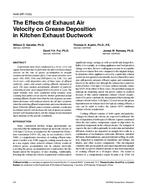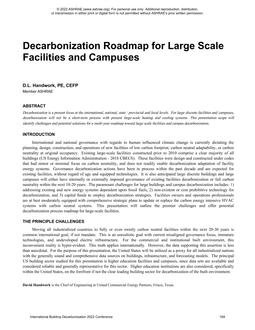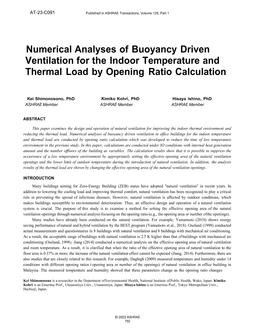
AC-02-16-1 (4548) — The Effects of Exhaust Air Velocity on Grease Deposition in Kitchen Exhaust Ductwork
Experiments have been conducted in a 10 in. (25.4 cm) square horizontal duct to determine the effect of mean exhaust velocity on the rate of grease accumulation in straight commercial kitchen exhaust ducts. Four mean velocities were used–500, 1000, 1500, and 2000 fpm (2.54, 5.08, 7.62, and 10.16 m/s)–with deposition rates of three types of effluent (particles, vapor, and actual cooking effluent) measured at each. The mass median aerodynamic diameter of particles consisting of oleic acid ranged from 0.49 µm to 4.3 µm. The vapor transfer tests were conducted using octanoic acid. Cooking beef patties on an electric broiler generated actual cooking effluent. Results show that the rate of grease accumulation decreases with reduced velocity for all duct scenarios when the entering effluent temperature and concentration are fixed. When the effluent source remains constant, a reduction in exhaust velocity will decrease the rate of grease accumulation for well-insulated ducts, but the change in non-insulated ducts depends on the specific conditions.
Units: Dual
Citation: Symposium Papers, Atlantic City, 2002
Product Details
- Published:
- 2002
- File Size:
- 1 file , 450 KB
- Product Code(s):
- D-7028


